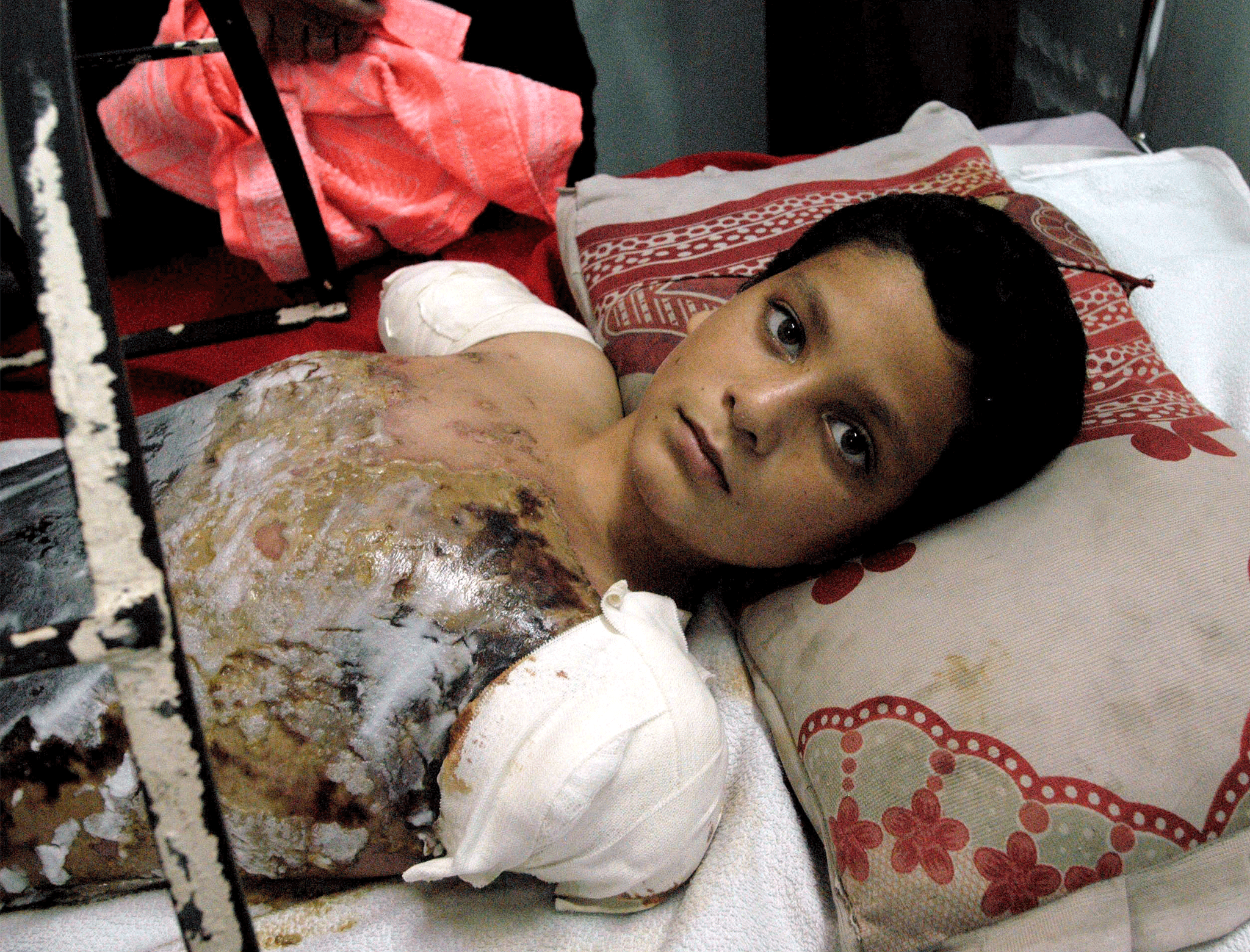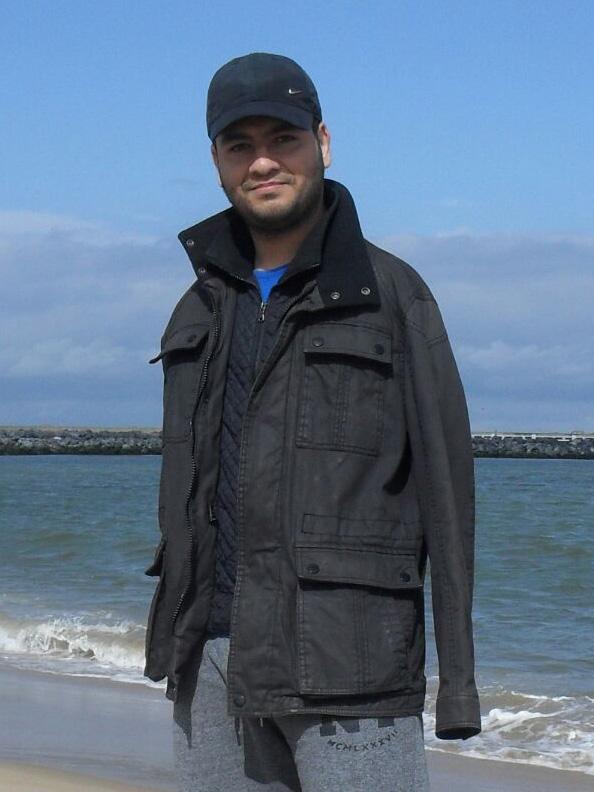'Why don't you go back to your country?' UK border official allegedly asks man orphaned in the UK-US invasion of Iraq
Ali Abbas, who as a 12-year-old lost both arms and 16 family members in a US airstrike, says he was brought close to to tears by a UK official

The orphan whose family was killed and who was himself maimed by a missile fired by Western forces in the Iraq War has said he was brought close to tears by a British border official who told him to “Go back to your country”.
On the eve of the Chilcot report into Britain’s role in Iraq, Ali Abbas who as a 12-year-old became a symbol of the war’s victims, said a border force security guard at London St Pancras station questioned his right to live in the UK after he returned on the Eurostar from a trip to Belgium.
Mr Abbas, now 25 and a British citizen, lost his mother, father, younger brother and 13 other family members when an American missile struck his home on the southern edge of Baghdad on 30 March 2013.
Both his arms had to be amputated and he suffered burns to 60 per cent of his body. Photographed in an Iraqi hospital, he became the face of victims of the UK and US-led invasion.
Thanks to money donated by the British public, he was able to come to England for treatment. With no sign of the death and destruction in his home country abating, he took British citizenship in 2010.
He has a younger half-brother who is now in the Iraqi army fighting on the front line against Isis.
But he told The Independent that when he returned on the Eurostar at about 6.30pm on 18 April, the only people stopped by security were him and his Iraqi-born friend Ahmed Hamza, who like him had grown up in England after losing limbs – a lower leg and a hand – in a coalition attack.

He said: “I was telling my friend I was so happy to come back home. Because Britain is my home now. And then the security man stopped only us – because we were the ones who looked not British.
“This person brought tears into my eyes. He didn’t give me any chance to say anything. He took our British passports and said ‘Why don’t you go back to your country? Why are you living here?”
“I told him this is what happened to us and Britain brought us here.”
“He could clearly see I had no arms,” Mr Abbas added. “This is what happened to me because of the war. It is only because of the war that I am in Britain.
“But he was shaking his head as he looked at my passport. He said: ‘It’s a British Government decision, but I’m not happy with it.’
“I was so upset, so shocked.”

Mr Abbas insisted that the vast majority of British people had been kind to him.
He said: “Of course, you will find bad people everywhere, but the British are really good people.”
Mr Abbas added, however: “Britain has changed in the last couple of years, because of what they hear about Isis. They are always thinking Muslims when they speak about Isis. But 99 per cent of Isis’ victims are Muslim. People here need to know that Isis are not Muslims. They have nothing to do with my religion.”

As he awaited Sir John Chilcot’s report into the Iraq war, Mr Abbas also told The Independent that he would like to ask Tony Blair “whether he regrets what he has done”.
He said: “Of course I am angry. I have to blame them [Bush and Blair]. They should not have gone to war. They should have done a better job with the reconstruction. I have lost my arms, my parents, my brother. And you can see what is happening to my country.”
He added: “They took away one Saddam Hussein and gave us many, many Saddam Husseins: killers, and also the corruption, because Iraq is so corrupt now.
“I didn’t like Saddam. He was a dictator. But now the situation is probably worse. Lots and lots of people are still being killed. I don’t know anyone who hasn’t lost a member of their family. My country is gone, destroyed.”
The Home Office said that neither it nor the UK Border Force had received a formal complaint about the incident at the Eurostar terminal.
Join our commenting forum
Join thought-provoking conversations, follow other Independent readers and see their replies
Comments